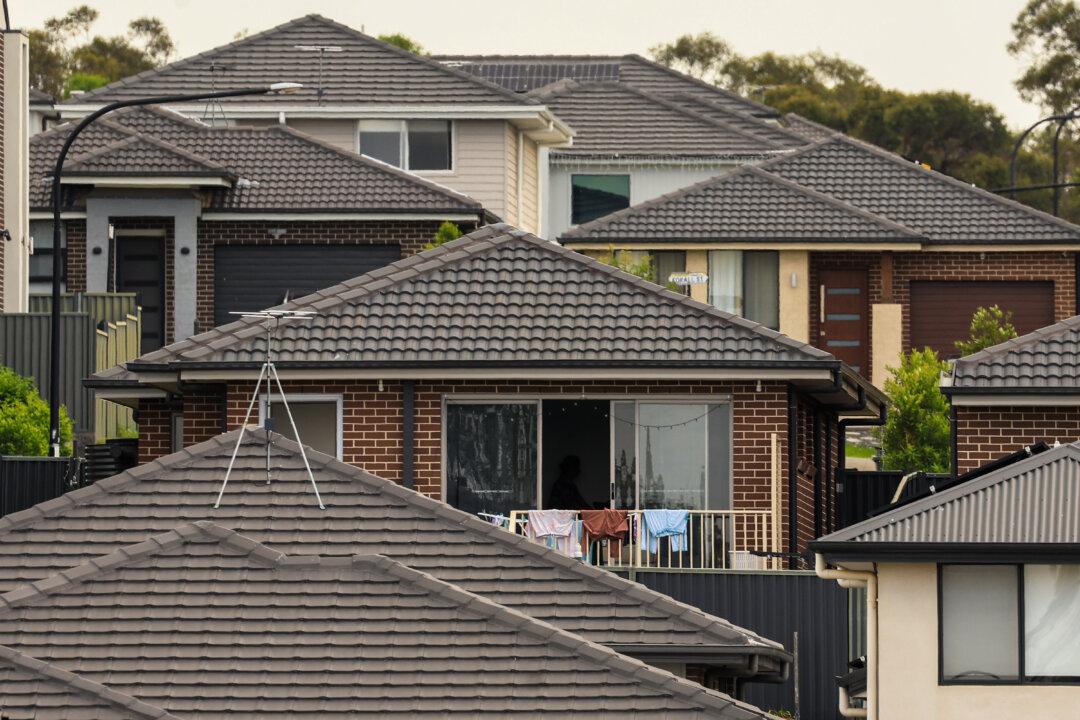Australians are most concerned about housing affordability, with 71 percent telling the 2025 Social Justice Stocktake that it was their top social issue this election on May 3.
Mental health came next, with 57.6 percent concerned about the community’s mental wellbeing and 40.3 percent concerned about their own.





